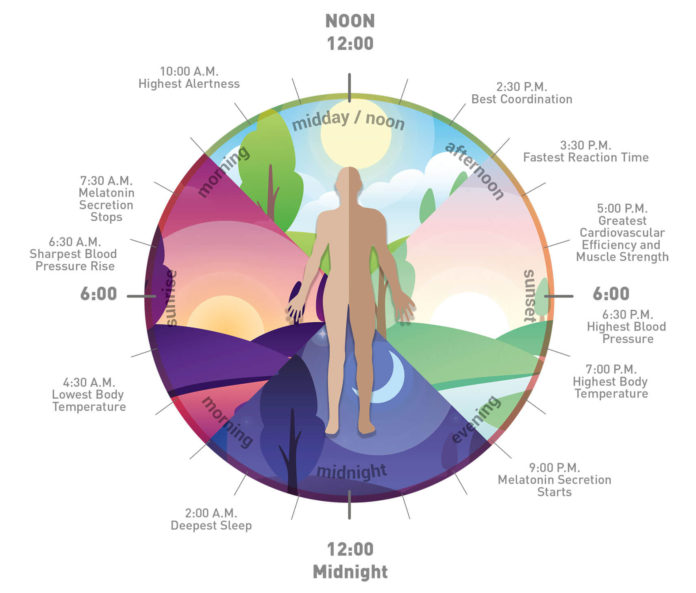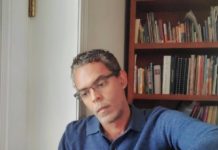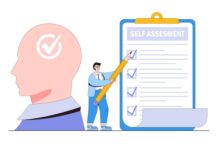What keeps you up at night, having ceiling steering kind of sleep? Obsession is the price of perfection. In striving to be our best, we go to bed thinking about the X, obsessed, and we cannot shut down our mind and go to sleep.
Five Secrets to Happiness
- Sleep,
- Exercise,
- Relationships,
- MTP (Massive Transformative Purpose),
- Mind Management via meditation.
Yes, this is no secret to many; happiness is found in sleeping late, but here are some less obvious reasons that we should sleep.
HEALTH
We are the only animal that forces past the need for sleep which is not healthy. Principles of health are Nutrients, Exercise, Sleep, Positive thoughts, and Detoxing or preventing toxic substances. Exercise provides a stimulus for growth but is not the actual growth. Re-composition and strengthening happen during sleep and on rest days. Sleep fuels cellular repair, expedites the healing of wounds, strengthens the immune system, and helps muscles grow. The brain produces 75% of human growth hormone (HGH) during sleep. Lack of sleep can lead to an increased risk for diabetes, obesity, heart disease, stroke, and cancers. If you sleep less than 6 hours per day, you are pre-diabetic for 24 hours and 30% immune-compromised.
Tactic: Listen to your body – It signals when it is time to eat, sleep, rest, exercise, and more. Try this experiment to develop body awareness: Close your eyes, lay on the floor, and then listen. Scan your body now.
Ensure you do not eat and drink sweet things when tired. It puts the body at high disease risk, and the brain is screaming for sweets to produce energy. The power triage of health is 1. Sleep, 2. Exercise, and 3. Nutrition. You need to have at least two of the three on any given day since you may not get all three. When you listen, you can discover the body’s critical two.
Go to bed between 8:00 P.M. and midnight to get more restorative non-REM (rapid eye movement) sleep. The 90-minute restful non-REM cycles occur more frequently earlier in the night; REM sleep occurs more often closer to dawn.
Test case: I have a benchmark with my training partner. We both train, then I go party while he goes to sleep. After three months, you can see the difference between us. Take three months exercising less and sleeping more and see if you are getting better results.
ATTITUDE & SOCIAL INTERACTION
When rested, most people tend to be more polite as opposed to when you are sleep deprived. Sleep deprivation can either leave you feeling lethargic or stressed.
Lethargic communication lacks the vigor that attracts others’ attention, unable to generate a positive attitude that influences others. Average is forgettable. When you are tired, it is hard to emote with passion and have a mindset to create a memorable impression.
When you are tired, patience is at an all-time low. It is easy to be snappy at the moment between something happening to us and our reaction to that something. When a vital interaction results in disconnection, that can lead us to stress and suffering. Sleep helps us pause one-second longer, think and re-frame, and engage with wisdom at the moment.
Tactic: Focus on moments of engagement
Test Case: Sleep enough so you are not groggy, and see if your family relationships improve. Are you more polite and express your feelings instead of just acting on them?
ENERGY & WILL POWER
We need time and mental energy to make a great decision. Infomercials get better results on the mentally fatigued. Sleep-deprived people even give false confessions. I have personally witnessed my will power to exercise diminish when I wake feeling groggy. When I feel fully rested, I am much more likely to exercise.
Tactic: Willpower requires sleep and meditation. Plant-based diets help with sleep and meditation. Plant-based diets are nutrient-dense and build your body infrastructure, your hardware for your decision-making software to run on. Examine your mood and rest before making decisions. If you are not in a good mood, postpone the decision.
Exercise helps because it makes you eat better quality food, drink more water, and tried to sleep more, and that creates the ability for willpower.
KNOWLEDGE (MEMORY & RETENTION)
The power of learning is dependent on how much you know, and that is dependent on how much you sleep. While you might work hard and have full coverage of the topic, how much you retain is linked to how much you sleep.
Test Case: I often recalled dance choreography much better when I slept over 8 hours.
Tactic: Be a student of your calendar, treat sleep like how you treat work, spent lots of time on this. You cannot recover when the brain would have committed long term memory due to lack of sleep. Get sleep, laugh, stay physically healthy, talk to others, write a journal to get things out, do activities that keep you alive.
QUALITY OF LIFE (PERFORMANCE OF CREATIVITY & IMAGINATION)
The fastest and easiest path to the solution can define imagination. Solutions are formed in 1/10th the time. You lose imagination with lack of sleep and spend time on low-quality tasks. Short rest will only hurt your imagination and creativity in the long run. If you are 1% more creative each day, you can be 30% more creative and working on better tasks after a month.
Your resilience, an essential dimension of emotional intelligence, is dependent on your imagination. Your imagination allows you to see a better future than the present moment. Your ultimate happiness depends on your ability to overcome bad situations, which hinges on your imagination.
Tactic: Monitor time on tasks and types of jobs done daily. Monitor the time taken to solve issues and your ability to see creative paths out of undesirable situations.
3-2-1 Sleep Tactic
3 hours before bed – No more food or alcohol.(7PM)
Each hour of sleep before Midnight (12 A.M) is worth 2 hours of sleep after midnight. Protect your sleep like a fire breathing dragon. Avoid eating to prevent raising your body temperature during digestion. This will allow you to wind down faster.
2 hours before bed – No more work. (8PM)
Understand Circadian rhythm and powering down; the circadian rhythm is the body’s internal clock. Your body will have a natural time it starts to wind down. Follow that natural rhythm. You want to wind down both your body and your mind in synch. You also want to get as many sleep cycles as you can. Strive for 45-minute restful non-REM sleep cycles.
You want to get one more cycle in where each is cycle is 45 mins. 7.5 hours of sleep will give ten cycles of 45 mins, so for 11 cycles, we need 8 hours and 15 mins rest. Consider, recycle time, sleep time. 10:45 P.M. asleep is best to wake up at 7:00 A.M. for 11 cycles. Try to prevent waking in your lighter sleep in the sleep cycle. It would be better to wait for the 45 min cycle to prevent feeling groggy on waking.
1 hour before bed – No more screen time (turn off all phones, TVs and computers). (9PM)
Have no imprint of coffee or the blue screen of the computer before bed. The blue screen prevents the production of melatonin, which fulfills many functions in the body. It is mostly known for maintaining circadian rhythms. Melatonin starts its production ramp up about 9 PM.
Get a bedtime routine:
- Drink tea or a glass of milk or tart cherry juice.
- Brush teeth.
- Wash face.
- Read/watch boring books or meditate just before sleep.
- Go to bed.
Start your bedtime routine 30 to 45 minutes before sleep until you wake on your natural body clock.
Watch your breathing patterns as you lay in bed. Sleep represents the breath. You will spend approximately—1/3 of your 24-hour day in bed so it makes sense to get the most comfortable sheets you can afford. Get a pillow you love. Make your room cold, quiet-ish, and dark. Less light equates to better sleep.
Sharing is Caring. Thanks for reading and Sharing ❤












